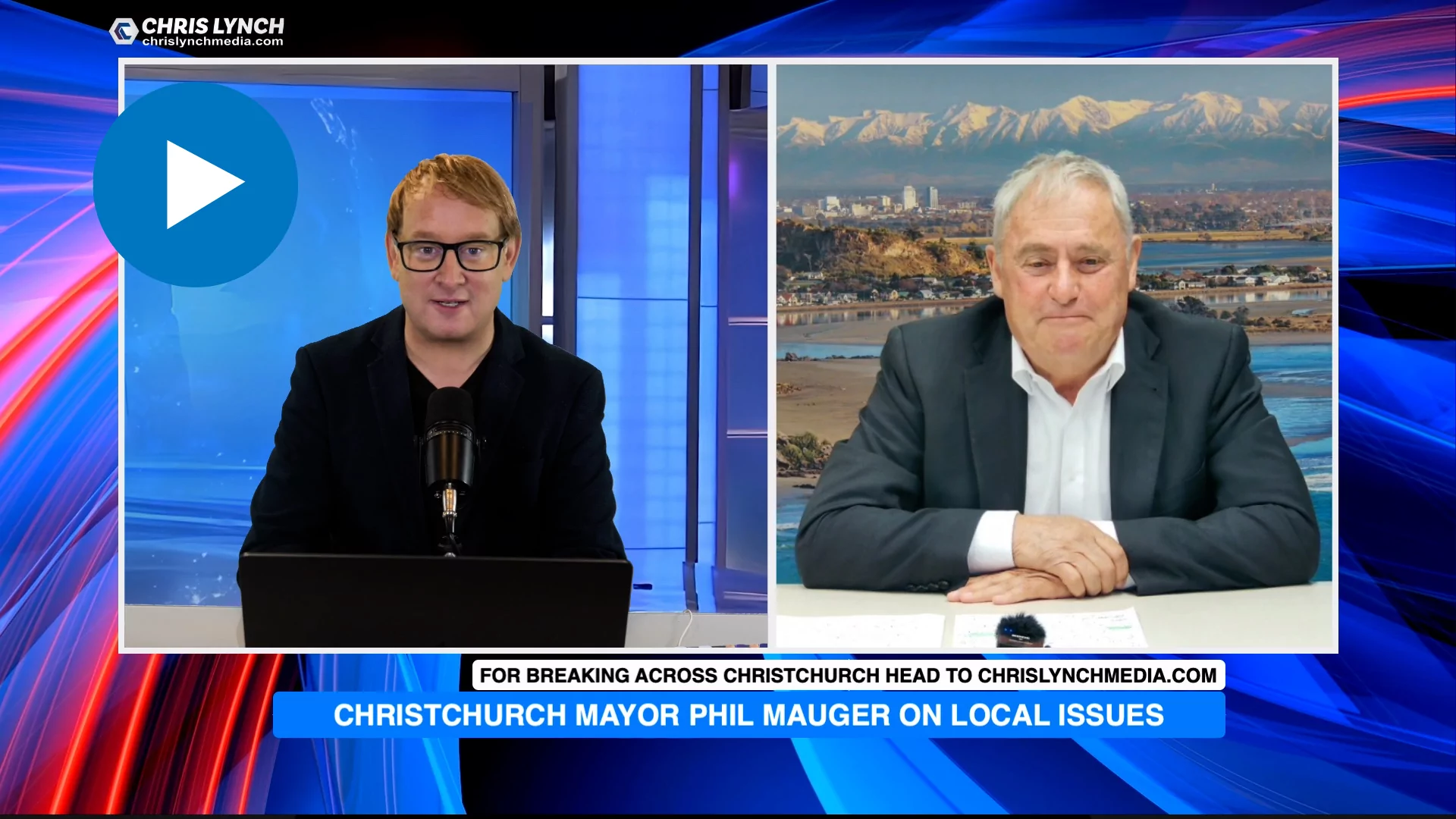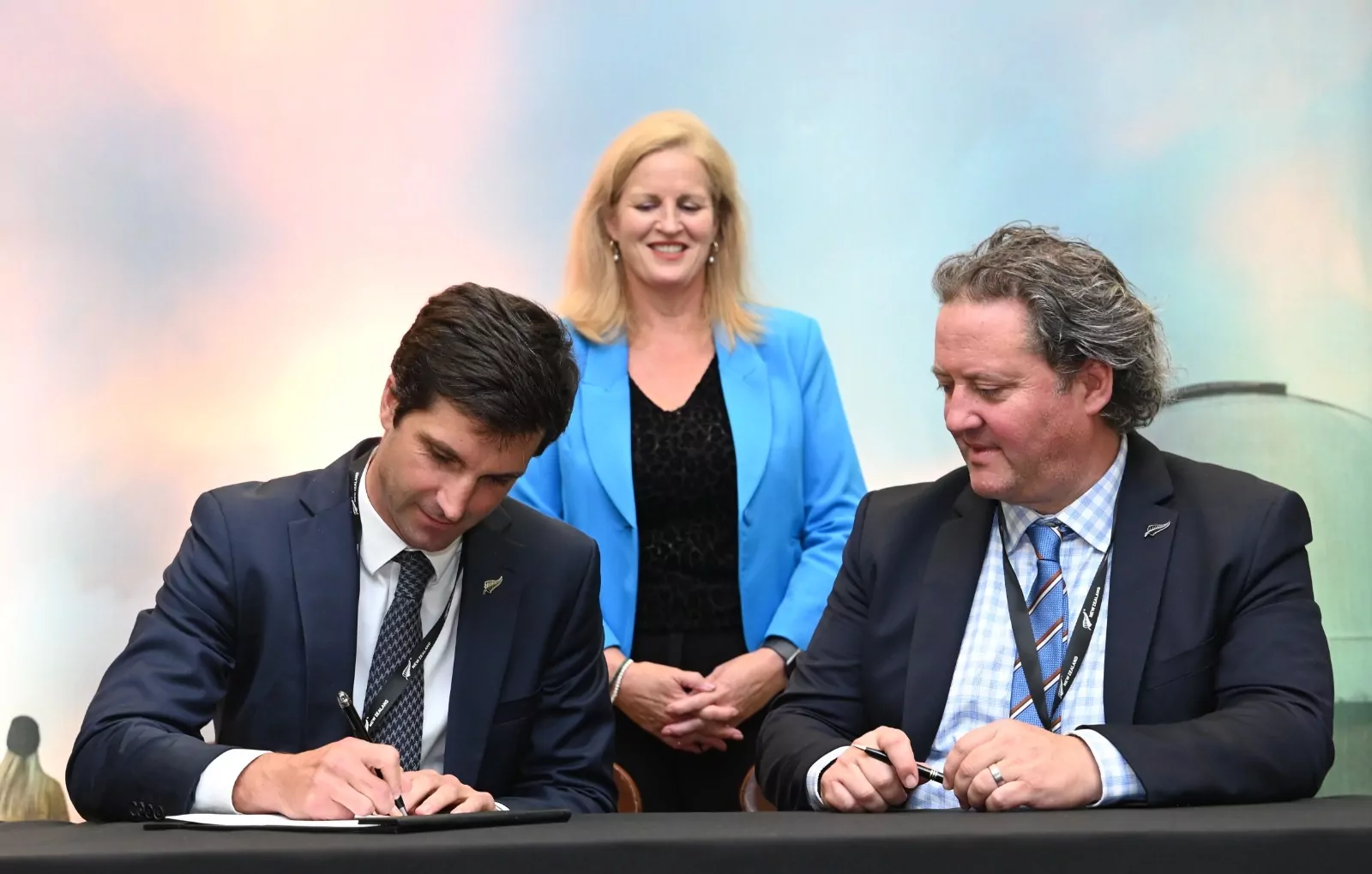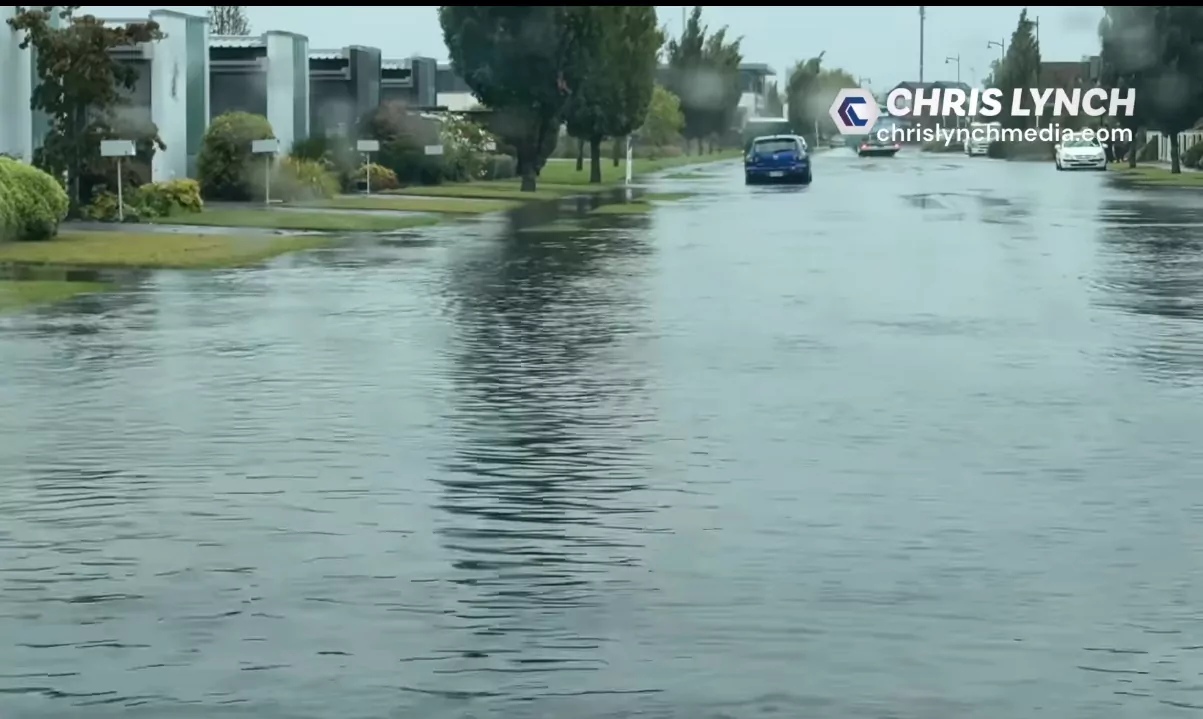The Government will cut 25 cents a litre off fuel for three months.
Fuel excise duties and road user chargers will be reduced by 25 cents each and the price of public transport will be halved.
Jacinda Ardern said “there’s no silver bullet that will fix the cost of living, but we have a plan and are implementing a range of measures that together will help to make a difference.”
“The global energy crisis has quickly become acute which is why the Government has stepped in to cut fuel duty. Today’s changes will reduce the cost of filling up a 40 litre tank of petrol by over $11, and for a 60 litre tank, over $17.”
“We are also making it cheaper for those who catch a bus or a train. In the long term we need to build greater resilience into our transport system so we are less vulnerable to spikes in the price of petrol, but for now halving the cost public transport will provide some families with an alternative to filling up the tank.”
“In addition on April 1 a suite of permanent increases to household incomes will see 60 percent of families earning more from Working for Families, as well as increases to superannuation and benefits. On May 1, one million New Zealanders will also start receiving the Winter Energy Payment which will provide $30 a week extra to many.”
Finance Minister Grant Robertson said the fuel excise cut is the most efficient and direct way to help Kiwis now.
“We are amid a global energy shock and a spike in prices at the pump is being felt by the whole world, including more than a 15 percent increase in the cost of 91 here in New Zealand between the start of the year and last week.”
“Reducing FED is the quickest move we can make and it will be confirmed by an Order in Council that will come into effect tonight.
Minister of Energy and Resources Megan Woods is writing to fuel companies today, setting out an expectation that the full amount of tax reduction from the Government will be passed on to consumers at the pump.
“In addition I am seeking daily information disclosure from fuel companies of their rolling seven-day average fuel margins, to monitor industry profits,” Megan Woods said.
“Our preference is that fuel companies volunteer this information and I am asking them to do that. But under the Fuel Industry Act we passed in 2020, there are options to pursue more data disclosure, and further measures to ensure the discounted excise duty is not being absorbed into company profits,” Megan Woods said.”








